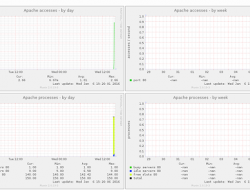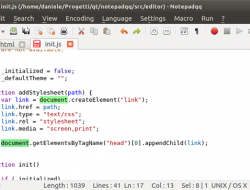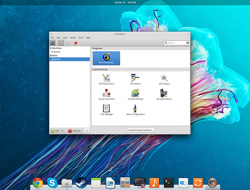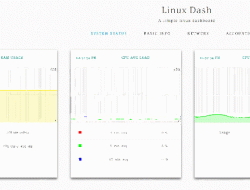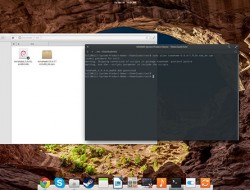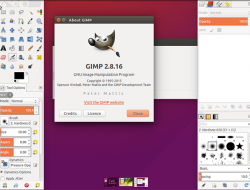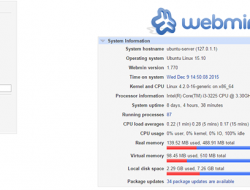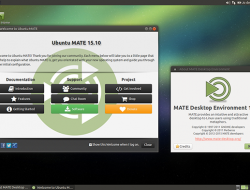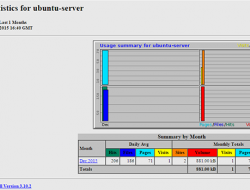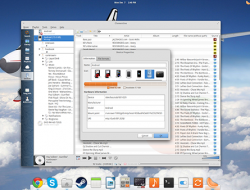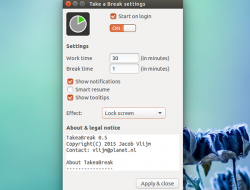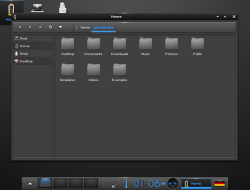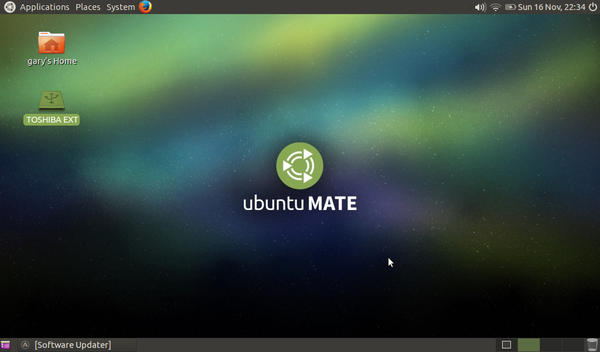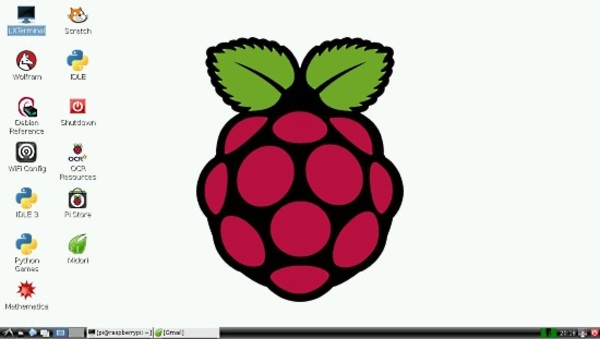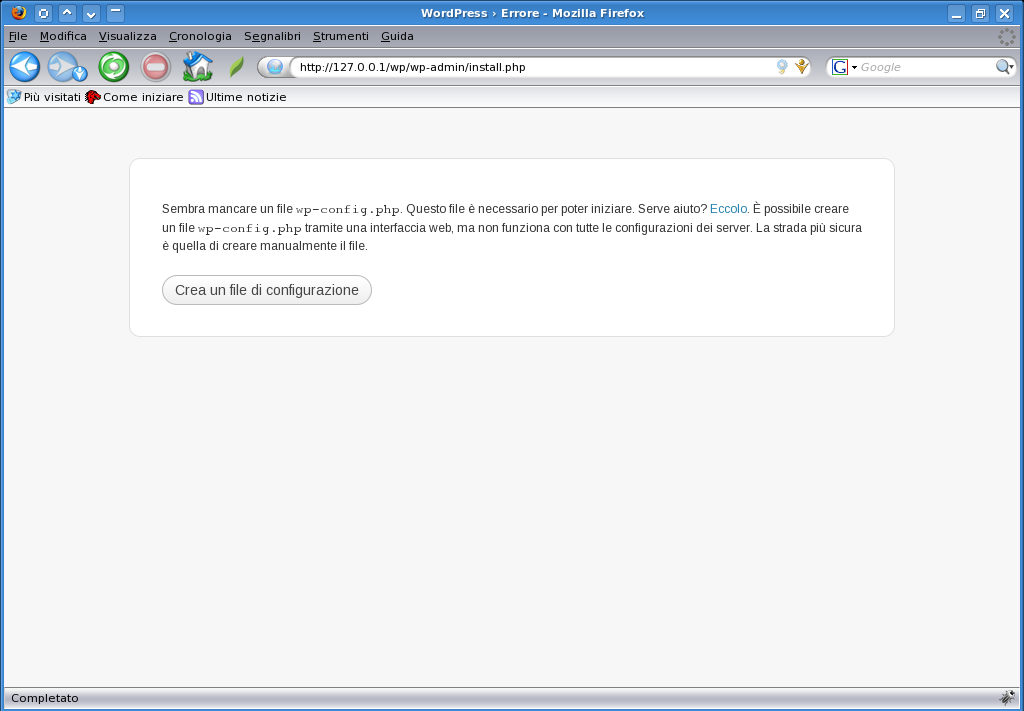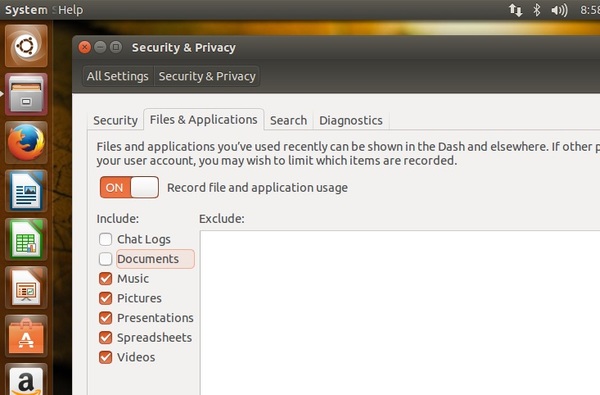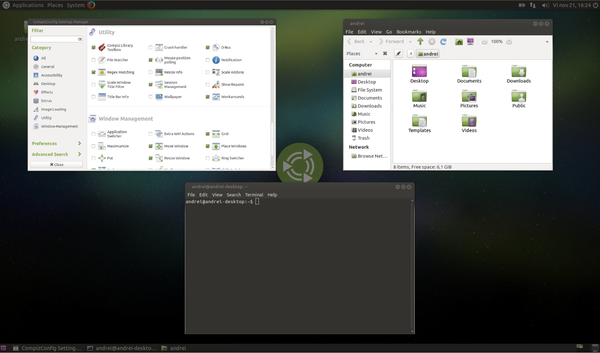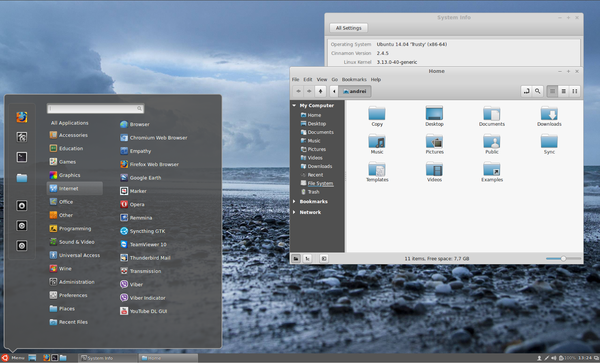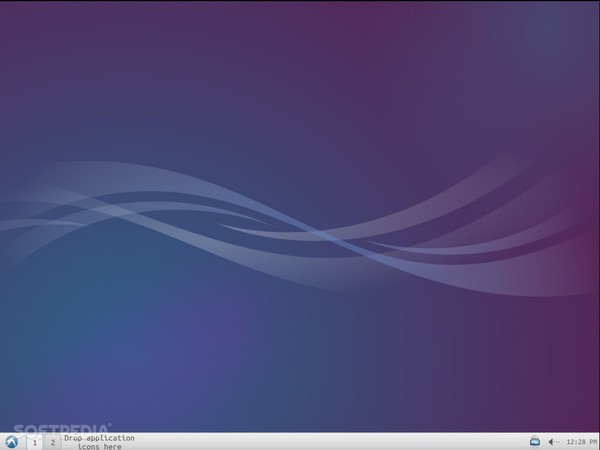Picotux 100 è il computer Linux più piccolo al mondo. Dalle dimensioni molto ridotte - 35mm×19mm×19mm, dunque un tantino più grande in un normale connettore RJ45 - è dotato di una CPU ARM7 da 55 MHz ed è caratterizzato dalla presenza del kernel uClinux in versione 2.4.27 e da Busybox 1.0.

Oltre a ciò sono presenti due interfacce di comunicazione, una porta Ethernet 10/100 Mbit e una porta seriale da 230.400 baud.

Ecco le sue specifiche in dettaglio:
| Processor: | 32-bit ARM 7 Netsilicon NS7520 |
| Processor Clock: | 55 MHz |
| Flash Memory: | 2 MB |
| RAM: | 8 MB SDRAM |
| Ethernet: | 10/100 Mbit, HD and FD, auto sensing |
| Serial (TTL): | Up to 230.400 bps |
| General Input/Output Pins(TTL) | 5, can be used as Handshake |
| LED for Ethernet | 2; green (programmable) and yellow (Carrier) |
| Supply Voltage: | 3,3 Volt +- 5% |
| Supply Current: | 250 mA |
| Operating System: | uClinux 2.4.27 Big Endian (native) |
| Shell: | Busybox 1.0 and others |
| File Systems: | CRAMFS, JFFS2, NFS |
| Applications: | Webserver, Telnet |
| Size of the Linux Systems in Flash: | 720 KB and more |
| Protected Bootloader for Update over Network: | 64 KB Code |
| Development System: | GNU Tool chain |
| Compiler | GCC 3.4.4 for C/C++ and Fortran |
| Binutils | 2.15 |
| Library: | uClibc 0.9.26 |
| Dimensions: | |
| Height: | 19 mm |
| Width: | 19 mm |
| Deep: | 36 mm |
| Package: | Shielded by metal |
| Weight: | ca.18 g |
| Ambient Temperature: | -40°C to 85 |
Maggiori informazioni sul sito del produttore.
di Vincenzo Ciaglia - TuxJournal.net

